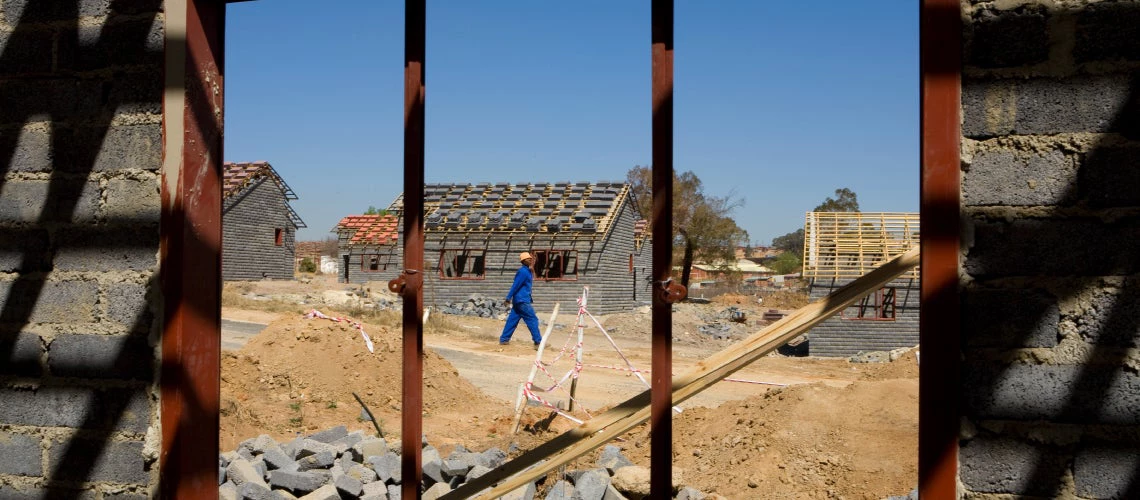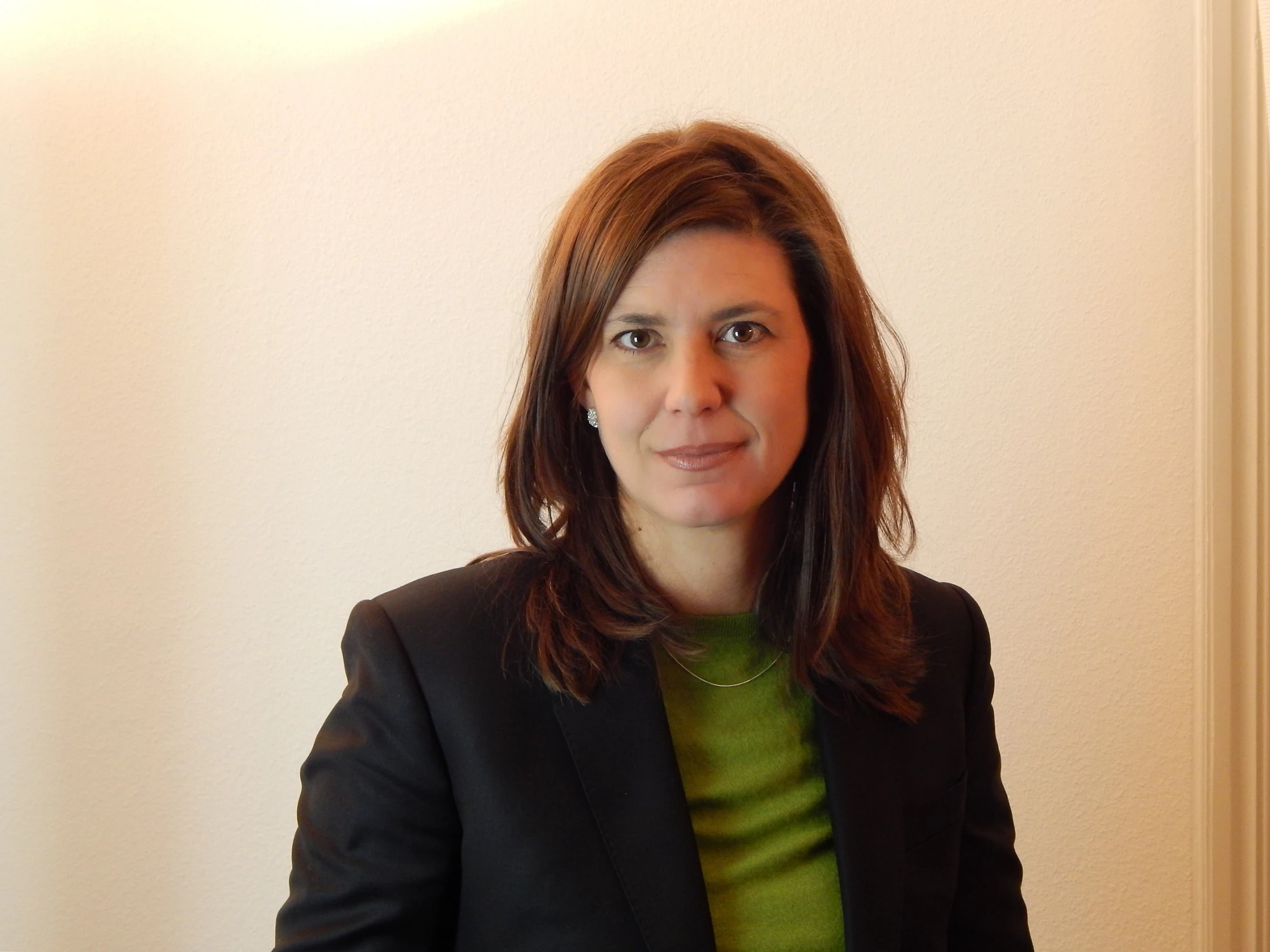 Cosmos City is a new housing development being constructed just north of Johannesburg. The fully bonded are sold as per normal via Estate Agencies and the RDP are supplied by the Government for the poor.
Cosmos City is a new housing development being constructed just north of Johannesburg. The fully bonded are sold as per normal via Estate Agencies and the RDP are supplied by the Government for the poor.
Corruption scandals involving the funds of multilateral development banks (MDBs) make attention-grabbing headlines. Unpicking scandals is easier and more emotive than estimating the amount of corruption that MDBs’ integrity offices manage to prevent.
But those who care about reducing corruption in development should look closer at a good-news story that doesn’t often make the headlines. That is: how MDBs coordinate their actions to prevent, investigate, and sanction corruption.
High-level representatives from the integrity offices of the African Development Bank, Asian Development Bank, European Bank for Reconstruction and Development, European Investment Bank, Inter-American Development Bank and World Bank Group took to the stage at the International Anti-Corruption Conference (IACC) in Washington, DC, in December 2022. Their panel discussion, which I moderated, tells a positive story.
Together with a jointly produced video, the discussion offers valuable food for thought for all those involved in development and humanitarian relief projects in high-risk situations.
How MDBs mitigate corruption risks in funded projects
The MDBs are acutely aware that they operate in high-risk environments, and that reducing corruption is essential to the success of development and emergency response projects. They have put in place intelligent responses. And what’s perhaps most innovative is that their integrity offices are approaching the issue in a remarkably joined-up way.
Three areas stand out to me:
- First, a risk-based approach that enables MDBs’ integrity offices to use their limited resources to address high-priority risks throughout a project lifecycle. Not every actor in every project needs enhanced due diligence. Not every project needs every possible control – risk assessments can identify which are needed and which not. And not every complaint requires a full investigation.
- Second, a serious focus on prevention and strengthening systems for integrity. Even if a complaint is assessed as not warranting a full investigation, it can still feed into MDBs’ wider risk assessment and mitigation work. Systematic use of legal covenants and clauses can help to deter fraud and corruption as well as to ease investigations and sanctioning.
- Third, harmonisation between the MDBs on fundamental topics like definitions of misconduct and investigation principles. Similarly, the practice of cross-debarment has a significantly higher effect both in terms of sanction and deterrence.
Of course, as audience members said, none of these systems are perfect, and there is always more that can be done. One suggestion from the audience was to create better ways for beneficiaries to report wrongdoing safely to improve detection. On prevention, facilitating anti-corruption Collective Action could help galvanise civil society, governments and the private sector to work together. This kind of multi-stakeholder Collective Action is already supported by the European Investment Bank and World Bank Group but has huge potential to achieve more.
The crises to come
In recent years, the world has seen one crisis follow another, each with significant costs and challenges. The World Bank Group alone delivered over 30 billion dollars in 2022 to help countries address climate change. It is making a similar amount available over 15 months to tackle food insecurity.
When the response to a crisis or emergency involves large sums of money and rapid disbursements, the risks of corruption can be high. But measures are being taken to mitigate these risks, such as ensuring strong fiduciary standards for operations, including emergency operations. Even in places of conflict, steps can be taken to strengthen anti-corruption systems and institutions in concrete ways. As one example, the Basel Institute on Governance’s work together with Transparency International Ukraine outlines some of these important measures.
Donors and local partners need strong ways to control corruption risks in these contexts, to ensure their money is well spent and their projects achieve their goals. What we discussed at the IACC in Washington in terms of what MDBs are doing is essential. But like any large organisation, they will face challenges when it comes to implementing it throughout their global operations. It’s good therefore that civil society organisations and journalists keep an eye on these matters.
At the same time, we can hope that their coordinated efforts offer positive inspiration to all those who care about protecting development and emergency response funds from corruption.


Join the Conversation